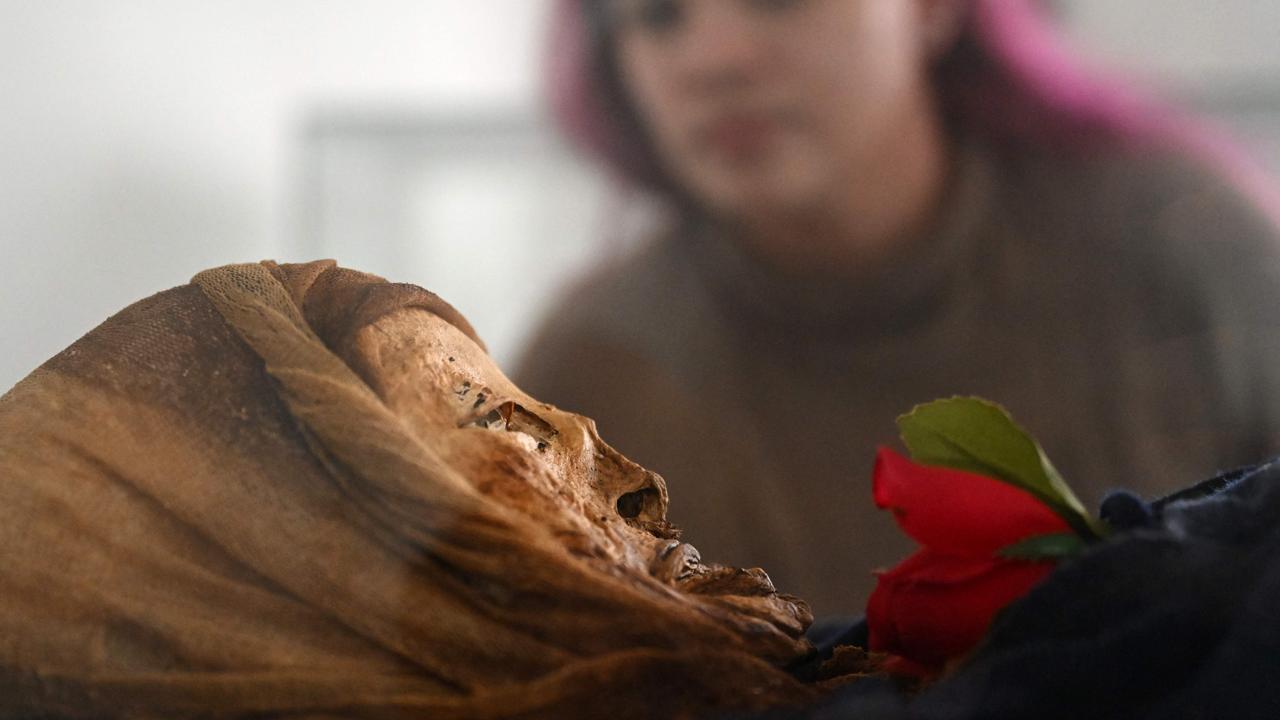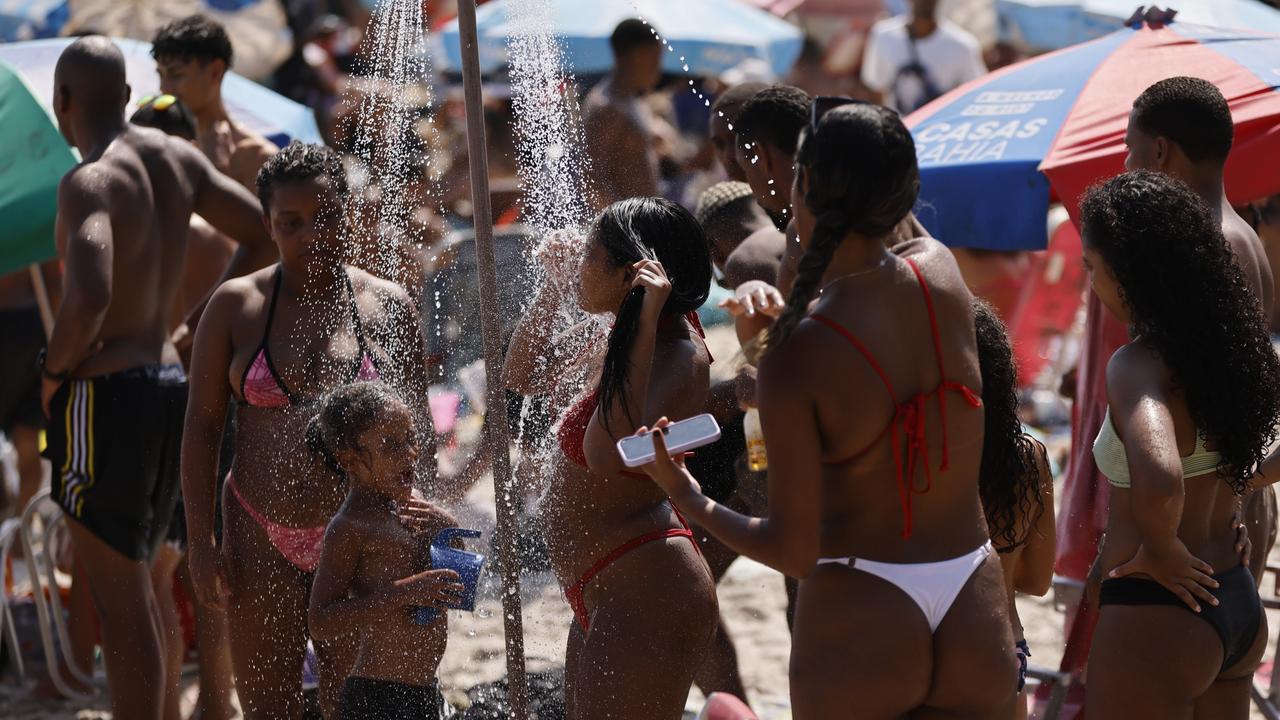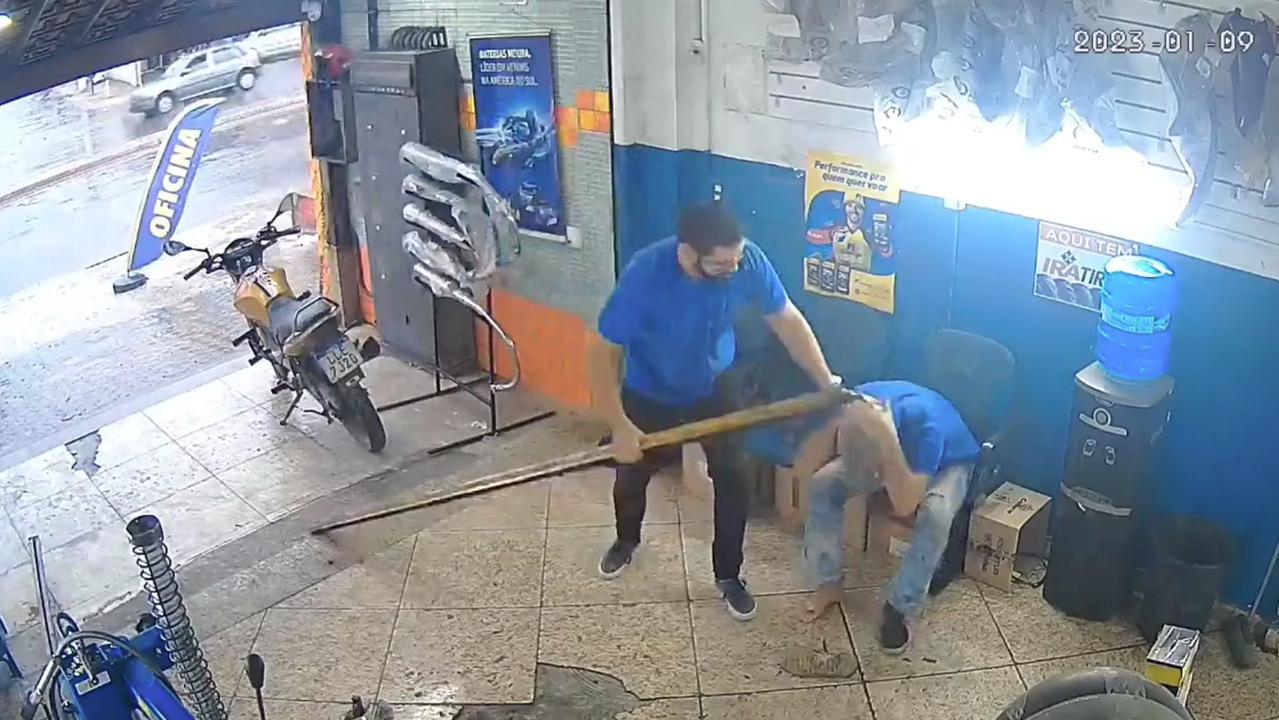Country’s bold plan to get out of economic chaos
FORMERLY one of the world’s richest countries, this country is running out of cash, fast. It’s just announced a new plan to make money.
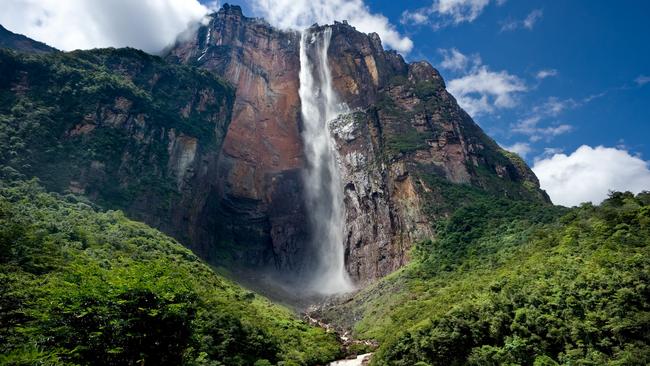
IT USED to be the wealthiest nation in its region, thanks to its massive bounty of rich oil reserves.
But after two decades of corruption, civil unrest and rampant crime — and the tumbling price of oil — Venezuela is on the brink of collapse.
The situation is dire. The Venezuelan bolivar is so worthless people have started to trade with meat. People in the capital, Caracas, are so poor they’ve started to scavenge in the city’s filthy rivers. Supplies are so scarce, mothers can’t find nappies for their babies.
But now the Venezuelalan government has a new plan to bring the broke country back from the brink: tourists.
“Tourism is the oil that never runs out,” Venezuela’s tourism minister, Marleny Contreras, recently said.
And Venezuela’s president Nicolas Maduro has already started preparing for a hopeful tourist influx, announcing a luxury revamp of the languishing, state-run Humboldt Hotel in Caracas, which he promises to be the “first seven-star hotel in Venezuela”.
Tourism has been often been a lifeline for countries in economic strife. Greece described its tourism revenue as its “lifejacket” during its debt crisis. Economically crippled Zimbabwe is, perhaps optimistically, hoping for the same.
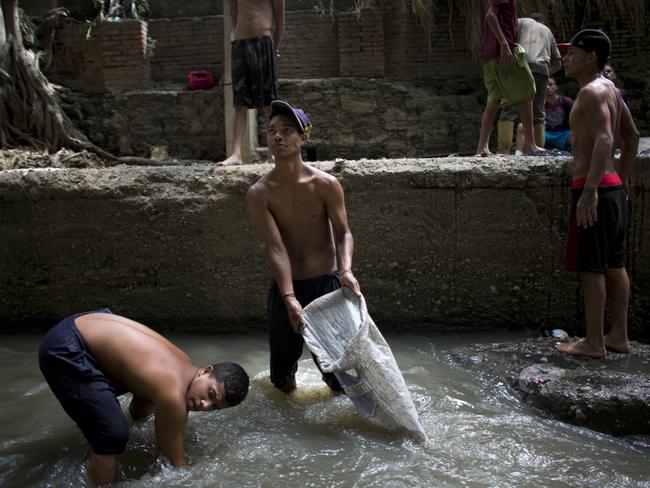
Before its economic downturn, Venezuela was a premier holiday hotspot, thanks to its spectacular Caribbean coastline, vibrant cities and world famous Angel Falls.
But today, as the Washington Post reports, there are a number of roadblocks stopping cash-strapped Venezuela from reviving tourism.
And the first is, no one wants to visit.
That’s not least because Venezuela is considered one of the world’s most dangerous countries. The Department of Foreign Affairs and Trade urges Australians against travelling there, warning: “Violent crime, including murder, armed robbery, kidnapping, drive-by shootings and carjackings, is endemic.”
“The biggest problem now is security,” a hotel owner in seaside Chichiriviche told the Post.
“Foreign tourists are not going to come if they think they’re going to get killed.”
The hotel owner said for the past two years he’s barely seen any international tourists. A rare visitor last year, a man from Belgium, ended up being robbed by six masked gunmen who barged into the hotel during his stay.
Other hotel owners said occupation rates were dismally low. At one hotel, in the former coastal hotspot of Todasana, business had fallen by 80 per cent over the past year.
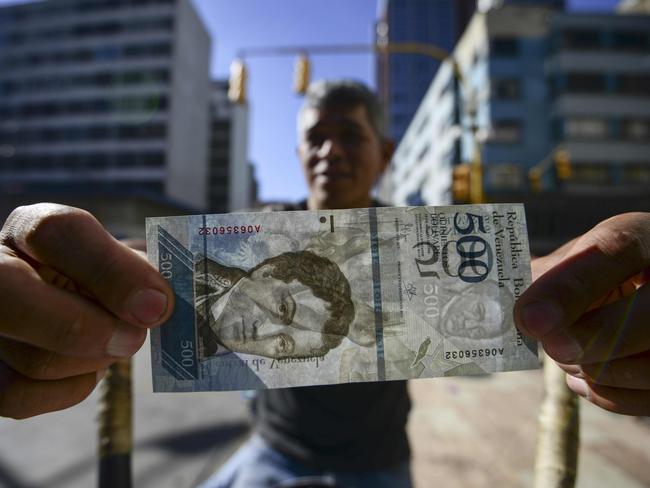
Venezuela was the second-last ranked country in terms of tourist growth, according to the World Travel and Tourism Council — seeing even less growth than warn-torn Syria and Libya.
Another barrier to boosting that growth is the difficulty in actually travelling to Venezuela.
Late last year, a number of airlines announced they would no longer fly in and out of the country, due to concerns over violence and political uncertainty.
US airlines United and Delta, Germany’s Lufthansa, Air Canada, Aeromexico, Alitalia, Colombian airline Avianca and Argentine Airlines all announced they were withdrawing services to Venezuela, promoting fears the country would be effectively wiped off the travel map.
“The situation has become increasingly difficult,” International Air Transport Association (IATA) vice president Peter Cerda said.
“Most of IATA’s members have left Venezuela.
“Venezuela is becoming disconnected. It’s practically disconnected from the rest of the world, above all by air, and we can’t see any solution in the short term.”
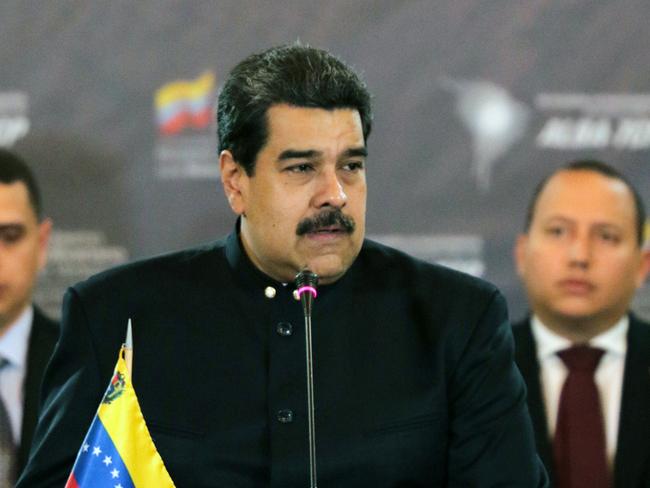
For the international visitors who do make it to Venezuela, the country’s eye-watering inflation — which is projected to reach 2000 per cent this year — may see prices at hotels and restaurants fluctuate wildly, the Post reports.
And then there’s the quality of the hotels. The difficulty in getting repairs when things break down, restricted access to imported goods, strict rations — such as rationed toilet paper for guests — and electricity failures have made it difficult to keep hotels running.
And those hotels that are well-equipped for guests are being targeted by desperate locals who have resorted to stealing essential goods like light bulbs from hotel rooms to get by.
Many in the hotel industry are sceptical about the government’s determination tourism will turn around its economic misfortune.
“This is never going to happen,” one hotel general manager told the Post.
But a Venezuelan government spokesman was optimistic.
“When it comes to personal security, there’s a lot to do,” William Castillo said.
“Airlines have left for no reason, and this goes against tourism projects.”
But he said the government planned to increase tourism investment and international flights.
“[Then] many people will be interested and excited to come,” he added.

